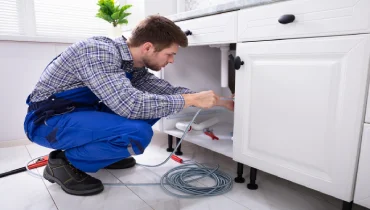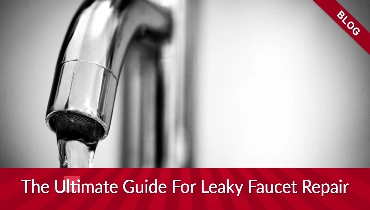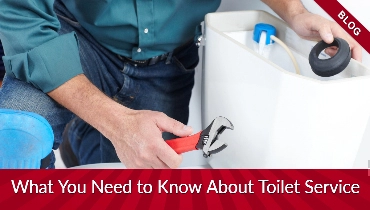A backed-up toilet is a plumbing nightmare that can disrupt your daily life and lead to unpleasant odours and potential damage if not handled promptly.
Learn moreOur Blog
Shared Resources for Your Home Needs
All Blogs
Do you spend precious minutes watching your kitchen sink struggle to send your dishwater down the drain? You're not the only one s
Learn moreYour faucet drips. That tick-tick-tick of the water leaking out from it drives you nuts. How can you possibly fix it so you never
Learn moreAs a responsible homeowner, you care about the repair and maintenance of your North York home. You recognize that your investment
Learn moreBlog Categories
Let Us Call You
Blog Categories
About Mr Rooter

Since the original Mr. Rooter was founded in 1970, the company has remained committed to a set of core values that are rooted in performing quality work at honest prices. Nearly half a century later, the original Mr. Rooter business is still servicing homes and businesses in North America. We are still independently owned and operated, with strong ties to the community that made it all possible.


